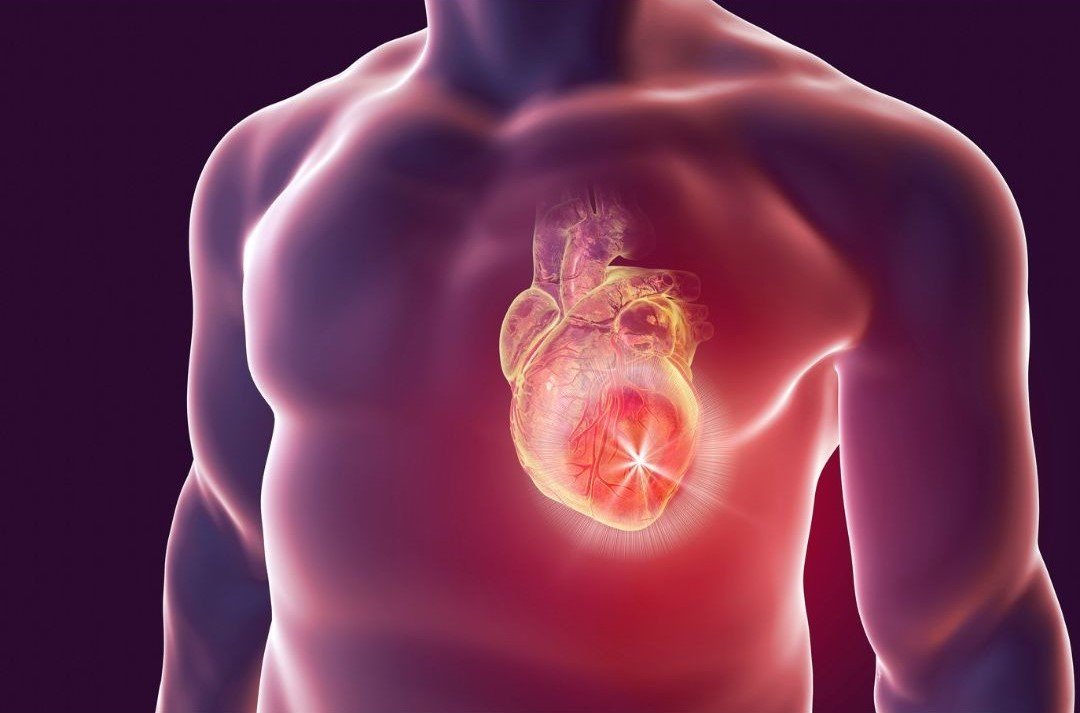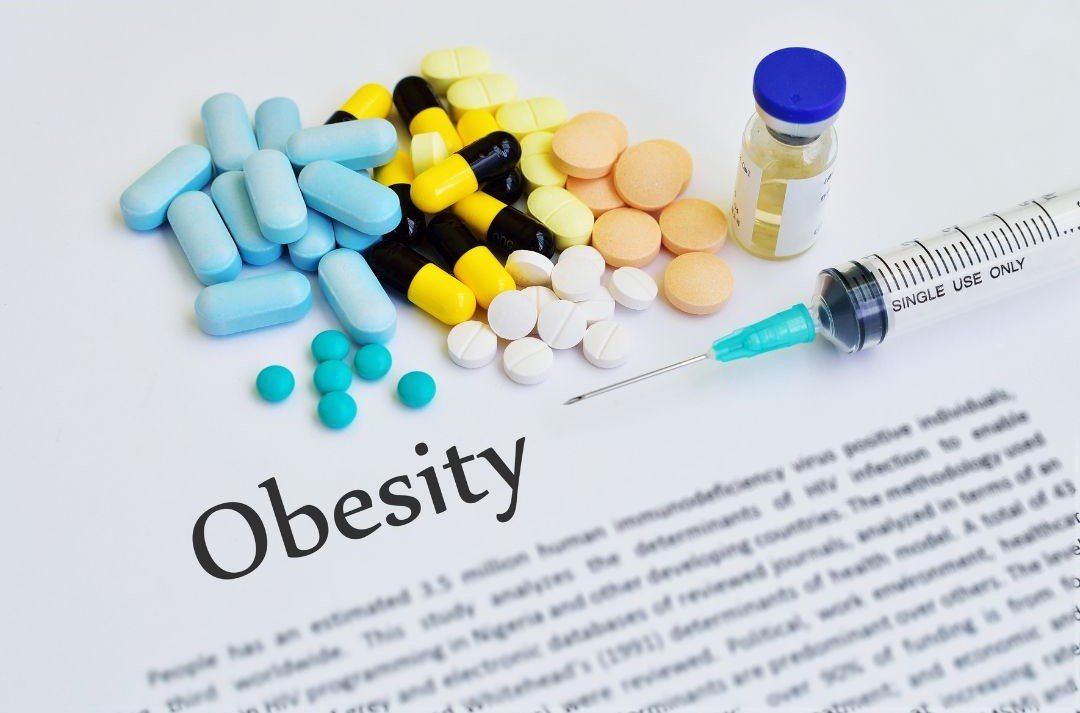Hormones are like the body’s tiny messengers, responsible for everything from your mood to your metabolism. Keeping them balanced is key to feeling your best. In this article, we’ll explore the basics of hormone health, the causes and symptoms of imbalances, and the role of diet and exercise in keeping your hormones happy. We’ll also touch on hormone replacement therapy (HRT) and provide some practical tips for maintaining optimal hormone health. Let’s get started and take control of our wellness journey together!
How to Maintain Optimal Hormone Health: A Comprehensive Guide

Hello, wellness warriors! 🌟 Let’s dive into the fascinating world of hormone health. Whether you’re a man or a woman, understanding hormones can significantly impact your well-being and relationships. So, let’s break down the science behind hormone health in a simple, digestible way.
Key Takeaways
- Hormone health is vital for overall well-being.
- Balanced diet and regular exercise play crucial roles in maintaining hormone levels.
- HRT can offer significant benefits but comes with risks that need careful consideration.
Why Hormone Health Matters
Hormones play a crucial role in regulating various bodily functions, from metabolism and growth to mood and reproductive health. Imbalances can lead to various health issues, so it’s essential to understand how to maintain optimal hormone health.
The Basics of Hormone Health
Hormones are chemical messengers produced by glands in the endocrine system. They travel through the bloodstream to tissues and organs, affecting various bodily functions. Key hormones include estrogen, testosterone, cortisol, and insulin.
Exercise and Hormone Health
Regular physical activity helps maintain healthy hormone levels. Exercise reduces stress, which lowers cortisol levels, and can improve insulin sensitivity. Strength training boosts testosterone levels, essential for both men and women.
Making an Informed Decision
Deciding whether to start HRT is personal and should involve a thorough discussion with your doctor. At Marqi, we have a few specialists in hormone health, so feel free to reach out if you have questions. Consider your symptoms, medical history, and the timing of HRT initiation.
Weekly Workout Routine

Tips for Optimal Hormone Health
- Stay Active: Regular exercise can boost mood and energy levels.
- Healthy Diet: Focus on whole foods rich in essential nutrients.
- Routine Check-ups: Regular health screenings are essential to monitor hormone levels.

The Importance of a Balanced Diet
A balanced diet rich in nutrients is vital for hormone health. Foods high in omega-3 fatty acids, such as salmon and flaxseeds, support hormone production. Cruciferous vegetables like broccoli and kale help regulate estrogen levels. Avoiding processed foods and excess sugar can prevent insulin imbalances.

Managing Stress
Chronic stress can wreak havoc on your hormones. Practices like yoga, meditation, and deep breathing can help manage stress and keep cortisol levels in check. Ensuring adequate sleep is also crucial for hormonal balance.
Hormonal Imbalances: Causes and Symptoms
Aging
As we age, natural changes in hormone levels occur. Women may experience significant hormonal shifts during menopause, leading to decreased estrogen and progesterone levels, which can cause hot flashes, mood swings, and sleep disturbances. Men may experience a gradual decline in testosterone, resulting in symptoms like reduced muscle mass, fatigue, and mood changes.
Symptoms vary depending on which hormones are affected, but can include fatigue, mood swings, weight gain, and changes in sleep patterns.
Stress
Chronic stress prompts the body to release cortisol, the primary stress hormone. While short-term stress responses are normal, prolonged stress can lead to consistently high cortisol levels, which may disrupt the balance of other hormones like insulin and thyroid hormones. This can result in symptoms such as fatigue, anxiety, and weight gain, especially around the abdomen.
Diet
What you eat has a significant impact on hormone production and balance. Diets high in processed foods, sugar, and unhealthy fats can lead to insulin resistance, affecting blood sugar levels and potentially leading to diabetes. On the other hand, nutrient-rich foods support hormone production and regulation. For example, omega-3 fatty acids found in fish and flaxseeds can help maintain healthy hormone levels.
Lifestyle
Lack of physical activity, poor sleep, and exposure to environmental toxins can all contribute to hormonal imbalances. Regular exercise helps regulate hormones like insulin and endorphins, while quality sleep is crucial for hormone repair and production. Environmental toxins, found in some plastics and household products, can mimic hormones and interfere with endocrine function, leading to imbalances.
Mood Swings
Fluctuations in estrogen and progesterone, particularly around menstruation or menopause, can lead to irritability, anxiety, and depression.
Weight Gain
Hormones like insulin, cortisol, and thyroid hormones play a significant role in metabolism and fat storage. Imbalances can lead to unexplained weight gain or difficulty losing weight.
Fatigue
Persistent tiredness that isn’t relieved by rest can be a sign of imbalances in thyroid hormones, cortisol, or insulin.
Changes in Sleep Patterns
Hormones like cortisol and melatonin regulate the sleep-wake cycle. Imbalances can cause insomnia, restless sleep, or difficulty waking up.
Hormone Replacement Therapy (HRT): An Overview
For women experiencing menopause, Hormone Replacement Therapy (HRT) can alleviate symptoms by supplementing estrogen and progesterone. It’s also used to treat low testosterone in men. However, HRT isn’t without risks and should be considered carefully.
Benefits of HRT
- Symptom Relief: HRT is effective in reducing hot flashes, night sweats, and mood swings in menopausal women.
- Bone Health: Estrogen helps maintain bone density, reducing the risk of osteoporosis.
- Heart Health: Starting HRT early in menopause may lower heart disease risk.
- Brain Health: Early HRT might lower dementia risk.
Risks of HRT
- Breast Cancer: Some studies suggest a slight increase in breast cancer risk with certain HRT types.
- Cardiovascular Disease: HRT might not be suitable for women with a history of heart disease.
- Dementia: Starting HRT late can increase the risk of dementia.
To-Do List for Hormone Health
- Take a Risk Assessment: we have a free one on our website. (Health Quiz)
- Consult Your Doctor: Discuss your symptoms and treatment options.
- Stay Informed: Keep up with the latest research on hormone health.
- Healthy Lifestyle: Maintain a balanced diet, exercise regularly, and manage stress.
References:
- Manson, J.E., et al. (2003). "Oestrogen plus progestin and the risk of coronary heart disease." New England Journal of Medicine.
- Anderson, G.L., et al. (2004). "Effects of estrogen plus progestin on gynecologic cancers and associated diagnostic procedures." JAMA.
- Chlebowski, R.T., et al. (2020). "Oestrogen alone and joint symptoms in the Women’s Health Initiative randomised trial." Menopause.


